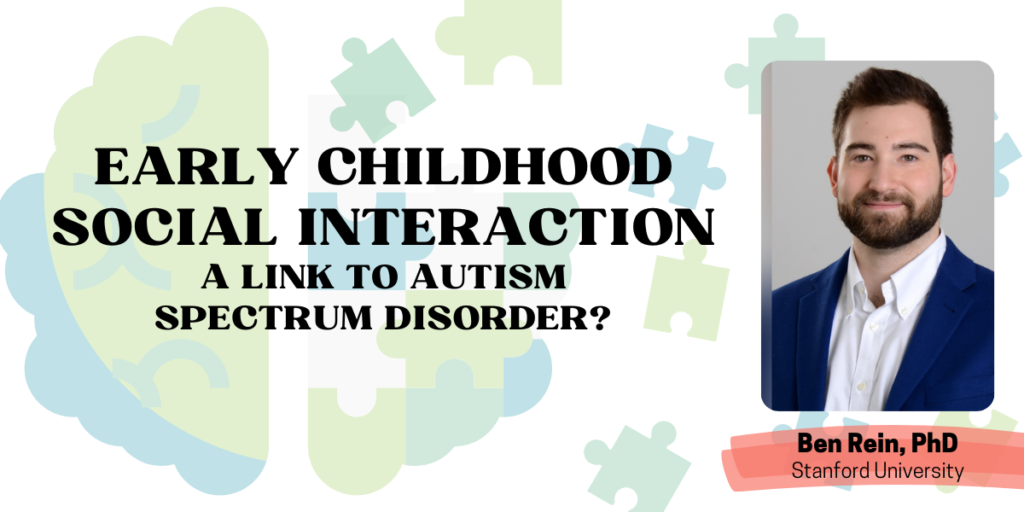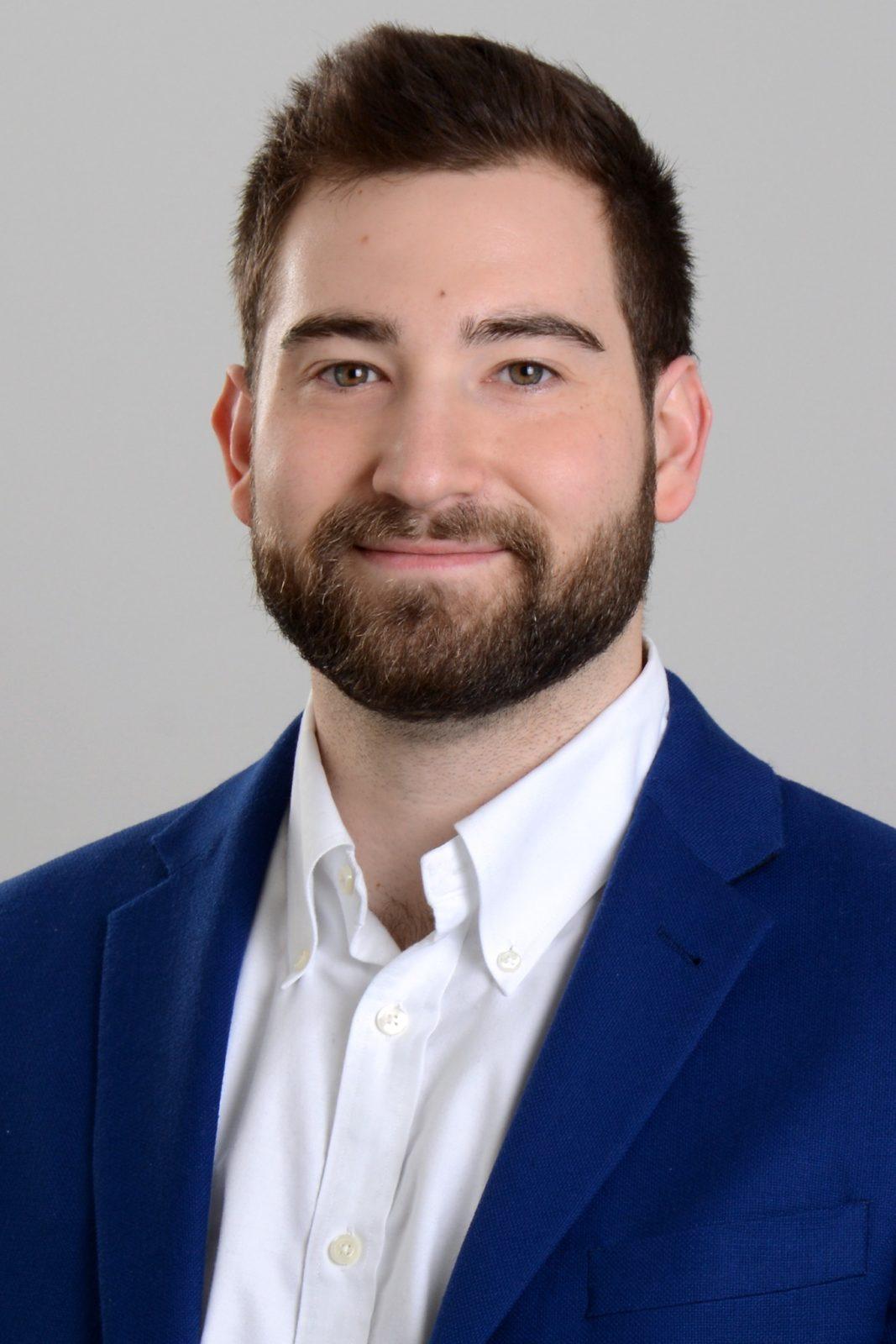
Early Childhood Social Interactions: A Link to Autism Spectrum Disorder?
Thursday, 19 May, 2022 5:30 pmThe Argyle (934 Patterson Ave, San Antonio, TX 78209)
The experiences of our early lives play a major role in guiding brain development, and for many people, the fondest memories of childhood include times shared with friends. However, neuroscientists haven’t yet pinpointed how social experiences in early life shape the brain. In his PhD research, Dr. Ben Rein (Stanford University) discovered a brain system that underlies the social symptoms of autism spectrum disorder (ASD), which may explain why certain genetic risk factors are associated with ASD. However, the function of this system is also shaped by experience, and Ben suspects that social experiences in early life may be critical for this developmental process. In this talk, Ben will describe his research on ASD and explain how he developed the hypothesis that he is currently testing thanks to funding support from Mind Science.
Ben is Mind Science’s 2021 BrainStorm Neuroscience Pitch Competition™ winner and an accomplished science communicator who shares educational science videos on social media to an audience of more than 800,000 subscribers.
Important note: Dress code is business formal (coat and tie required for men; no tennis shoes or jeans).
Seating is limited!

Ben Rein, PhD, is a postdoctoral fellow at Stanford University in the lab of Dr. Robert Malenka. Ben’s doctoral research explored the genetics and neurobiology of autism spectrum disorder and was honored with the Dean's Award for Outstanding Thesis Dissertation Research. As a postdoctoral fellow, he is now studying how social experiences in early life shape brain development.
Outside of the lab, Ben shares educational science videos on social media to an audience of more than 800,000 subscribers. In his videos, Ben describes breaking scientific discoveries, debunks "viral" videos containing misinformation, and teaches fundamental neuroscience principles. He also offers advice to students through a video series called ‘Scientips’ and leads the Aspiring Scientists Coalition, a community organization providing free guidance & resources to students worldwide. He was recently recognized by the AAAS as a finalist for the Early Career Award for Public Engagement with Science.
